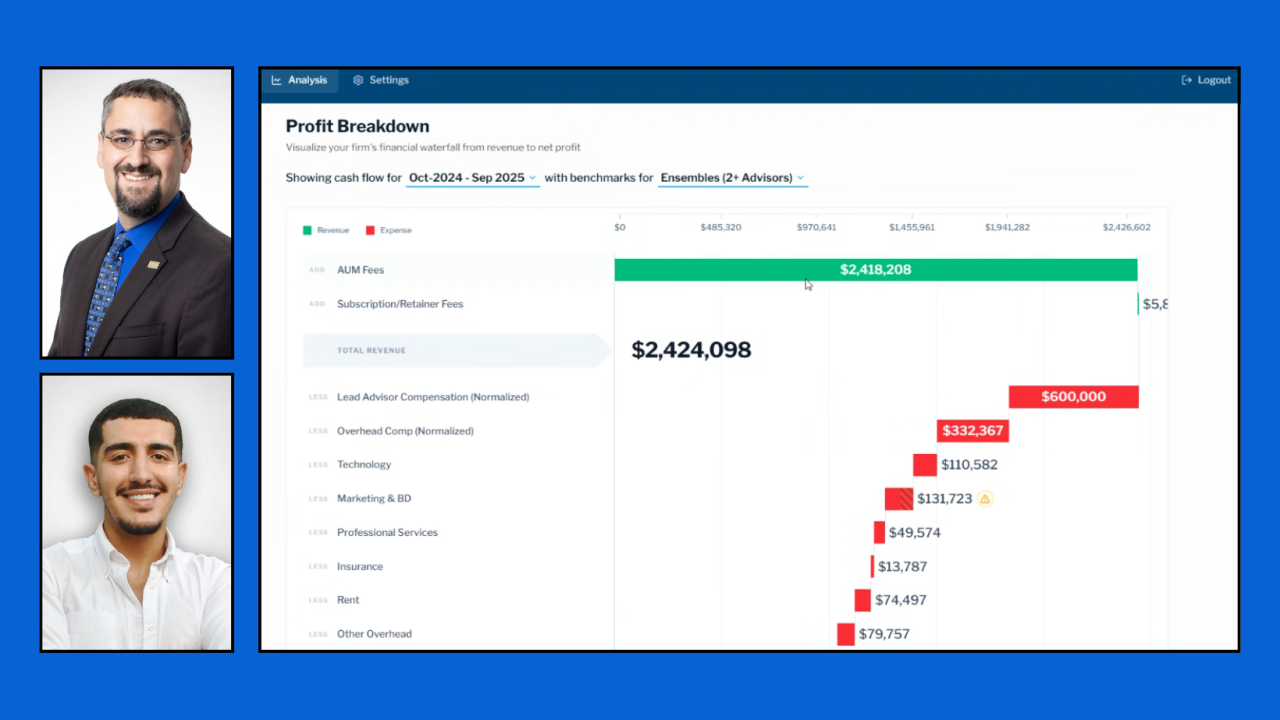SEATTLE Educated and empowered adult childrenfor clients who have themare the key to a happy retirement, says Tim Prosch, a Chicago-based author and specialist on elder care and end-of-life decisions who spoke at the FPA annual conference here.
But very few people talk with their adult children about their financial and physical situation, as well as their hopes for the last decades of their lives, until they are already in crisis, Prosch says.
"Despite brave talk about 'I'll never put my kids through what happened to me with my parents,' 75% of people never have that cross-generational conversation," Prosch says.
Procrastination and fantasy both get in the way. "Procrastinators wonder why they should talk to their adult kids," Prosch says. "Everything is fine and there's not so much to talk about, from the procrastinator's point of view. They want to have the conversation 'when the time is right,' and so they dont talk at all until they are in the midst of a crisis."
Fantasy, the other conversation preventer, came into play in Prosch's own parents' lives. On the last day of his life, Prosch's grandfather went to a baseball game, came home, took a nap in his rose garden, and never woke up. This quick, painless, and uncomplicated ending became known in Prosch's family as "the rose garden exit," he says.
"It's a great way to go, but you need a plan B, because the rose garden exit probably isn't going to happen," he says. Because Prosch's parents hoped for a rose garden exit, they didn't talk about other possibilities--and "the last seven years of their lives were awful," Prosch says.
'DON'T WAIT'
"You can't predict your crises, so dont wait. Have the talk now," he says.
Prosch suggests that parents start the conversation. "Take the initiative while you can still lead the conversation," he says. "Dont wait for a crisis to hit. You talk to kids about sex before they turn up pregnant. Have the talk about aging before your health and your finances go south."
As you help parents prepare for the talk, they should:
Commit to full disclosure. People often dont want to talk about money or medical conditions, feeling that these things are none of their children's business. "Your financial and medical condition will end up in your kids' lap eventually. Why not bring them into the conversation now?" Prosch asks.
Get their documents in order. "Creating an estate plan is the tip of the iceberg," Prosch says. Create a binder that documents all your plans, resources, and preferences around financial and living arrangements. Talk about it with your adult children, page by page.
Discuss individual responsibilities with their spouse before talking with the children. The person who handles the investments, for instance, should show their spouse what they've done before talking about those investments with their children.
Set realistic financial expectations. Most people think they'll spend less in retirementbut the reality is that about 22% spend more. "Run through what-if scenarios, and sketch out your personal goals and priorities for each decade," Prosch says. In your sixties, maybe you'll visit Machu Picchu. In your nineties, you might stay closer to home.
Designate financial and medical power of attorney, and have clients decide what events will trigger their use. Organize clients' care by holding an orientation session with their children and each of the clients' doctors. "You may end up with eight or 10 doctors, and they dont talk to each other," Prosch says. "It's up to you and your family to get your care organized. Your kids need to know who to talk to and what's going on with each of your medical providers."
Select a workable living arrangement. Prosch suggests renting a wheelchair and spending a day in it, so clients can see how handicap accessible their current home is . Check out potential assisted-living facilities before one is needed, to gain a sense of what's available and preferable. Discuss the possibilities and expectations of living with an adult child.
Consider advance-care directives in addition to a medical power of attorney. Clients should discuss these issues with their doctor and family, as well as prepare funeral instructions. "Don't just hand these things to your children. Explain why you've made these decisions," Prosch says.
"As a planner, you have the opportunity to help your clients take the longer view and help them build a life plan for the years ahead," Prosch concludes. "It's not just about being a great parent and preparing your kids for one of life's great challenges. It's about making the most of the time you have left and leaving a legacy of emotional and financial peace."
Ingrid Case, a Financial Planning contributing writer in Minneapolis, is a former editor at Bloomberg News and author of Your Own Two Feet (and How to Stand on Them): Surviving and Thriving After Graduation.
Read more:





